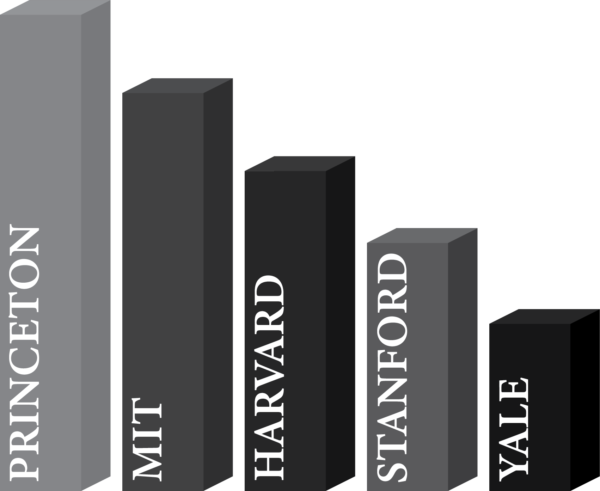Every year, millions of American high schoolers take part in a bloody, merciless battle to the death. I’m not referring to The Hunger Games, though I wouldn’t blame you for mistaking it as such, it’s the modern world of college admissions. It’s a bubbling miasma you’ll find in high schools across the country, a mix of worry and terror and neurosis. There’s scripture too, though it’s not the Bible or the Quran these students are reading. Instead, it’s a spindly spider web of college rankings: a personal test of will for success.
It should come as no surprise which colleges come out on top. Stanford, MIT, the Ivies, and every other shining beacon of education that society commends. Spend long enough looking through these lists, and you’ll know the most prestigious colleges in America; the problem is, you might not know what’s best for you.

One of the most glaring issues in these rankings lies in the metrics used. ROI, or return on investment, a method of looking at future earning potential, is one of the most common. This inevitably leads to a list dominated by colleges with a large portion of graduates who pursue a major in business or finance, as opposed to less lucrative careers, such as education.
In addition, using ROI isn’t always indicative of success; a law professor at the top of his field might end up making less than a first year associate at a big firm. Additionally, colleges that score well on ROI may be inflated due to a larger influx of students from affluent backgrounds, which may provide a leg up on income irrespective of the college itself. While it’s something to take into account, an overreliance on ROI can lead to students choosing universities that aren’t adequately tailored to their passions and pursuits.
Another limitation of many college rankings is evident in an overfixation on inputs over outputs; all too often rankings look at what’s going in the college, and not what’s coming out. Many rankings place excessive importance on information such as the GPA and SAT scores of incoming students. While this is useful for measuring exclusivity, it doesn’t reveal much about the quality of a college itself. Ultimately, the value of a college isn’t in who a student might be when they walk in the door; it’s about what kind of person they’ll be four years down the line.
There’s another piece of the puzzle here: the unscrupulous actions colleges will take to secure their placement on these lists. Because exclusivity is valued so highly, many colleges will take deliberate steps to entice—and then reject—as many students as they possibly can. In order to accomplish this, colleges like Princeton, Harvard, and other top universities will advertise to students who have no foreseeable ability to make it through the application process.
While it may seem counterintuitive to appeal to students you don’t plan to accept, the logic behind it is more than sound. The more failed applicants there are, the lower the acceptance rate falls, and the lower the acceptance rate falls, the greater the college’s exclusivity.
This doesn’t mean these lists are entirely worthless; in fact, there’s plenty of valuable information you can glean from them, given you apply a little more scrutiny. And it doesn’t mean that colleges like Stanford, MIT, and Harvard aren’t great schools. It just means that many of the conventional metrics and methods we use to determine the quality of a school can end up short-sighted.


